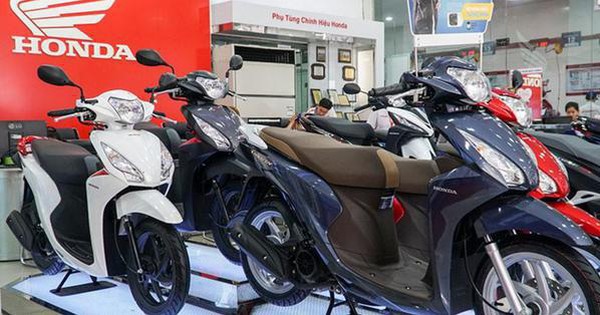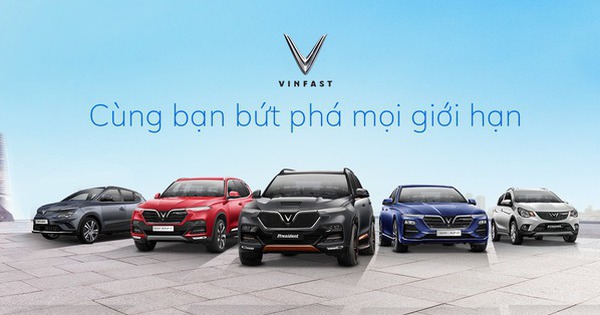Consumer giant criticized for still selling in Russia
The company promised to supply only essentials to Russia, but potato chips, razors and room spray were still available.
The consumer goods giant is under increasing pressure from politicians, investors, activists and consumers to limit sales and production in Russia because of the conflict in Ukraine. Ukrainian President Volodymyr Zelensky last week called Unilever and Nestlé alleging “big companies are still helping Russia finance the military campaign and have not left”. New York officials also recently urged consumer goods companies to weigh the risks of continuing to do business in Russia.
Consumer goods manufacturers – such as PepsiCo, Procter & Gamble, Reckitt Benckiser Group and Unilever – have committed to selling only essential goods in Russia. However, Lay’s potato chips, Gillette razor or Air Wick room spray and many brands of creams, children’s cosmetics, and facial cleansers are still available for sale here.

A resident shopped at a supermarket in Moscow last year. Photo: Zuma Press
Some companies say they keep factories running to support the livelihoods of both their own workers and their suppliers. Many businesses explain that they are still in Russia because they are bound by joint venture or franchise agreements. Russian prosecutors have warned several companies about property foreclosure if they leave Russia. Pharmaceutical, vaccine, and medical device companies claim to continue to work here out of ethical responsibilities.
Last week, industry giant Koch Industries – one of the world’s largest private companies – also defended its decision to stay in Russia. “We will not leave employees here or hand over the facilities to the Russian government,” Dave Robertson, Koch’s chief operating officer, said in a post on the company’s website.
PepsiCo announced earlier this month that it would stop selling Pepsi and 7UP in Russia, but would continue to make dairy products, baby food and potato chips. Last week, the company was criticized for buying 2,200 tonnes of potato seeds from Scotland for export to Russia. Some will be shipped to Russia this week by truck.
“We must uphold the human values of our business,” PepsiCo CEO Ramon Laguarta said in a statement to employees posted on the company website. “This means we have a responsibility to continue to sell products in Russia, including essential products, such as milk.” He said the company would continue to support the livelihoods of the 20,000 employees in Russia and the 40,000 farmers who supply them with milk and potatoes.
Unilever this month announced it would provide “daily food and hygiene products made in Russia to the people of this country”. According to information on a retailer’s website in Russia, Unilever currently produces a lot of creams, cosmetics and cleaning products in the country.
P&G said it had significantly reduced the number of products in each product group to focus only on basic products, popular segments. Previously, it said it would only sell products focused on “health, hygiene, basic personal care that many Russian families need every day”. Gillette – the brand that accounts for 70% of the razor market share in Russia – still manufactures and sells mobile knives here.
P&G has a factory in St. Petersburg and Moscow. The consumer goods giant has raised the prices of essential goods in Russia by almost 50% to offset the cost of raw materials and logistics as well as the depreciating ruble, sources at WSJ said.
Nestlé also says it is responsible for more than 7,000 workers in Russia. Therefore, they must still remain active.
Reckitt Benckiser explains that it sells hair removal creams and room sprays to “meet the needs of the average Russian who needs basic daily hygiene and health care products”.
Paolo Pasquariello, a professor of finance at the University of Michigan, said companies must balance the benefits of maintaining business relationships with Russian partners and protecting business reputations. Labeling products “essential” that isn’t strictly necessary, he explains, “is their way of minimizing reputational damage.”
“Sanctions are a form of economic warfare. Companies that label burgers and shoes as basic necessities are also a way to avoid sanctions,” he said.
The devaluation of the ruble means that some of the company’s short-term profits also evaporate. However, with many businesses operating here, Russia is still an important market. Last month, Nestlé said Russia’s strong growth had helped the Europe-Middle East-North Africa region post its highest revenue growth in a decade.
Ha Kam (according to WSJ)
at Blogtuan.info – Source: vnexpress.net – Read the original article here



